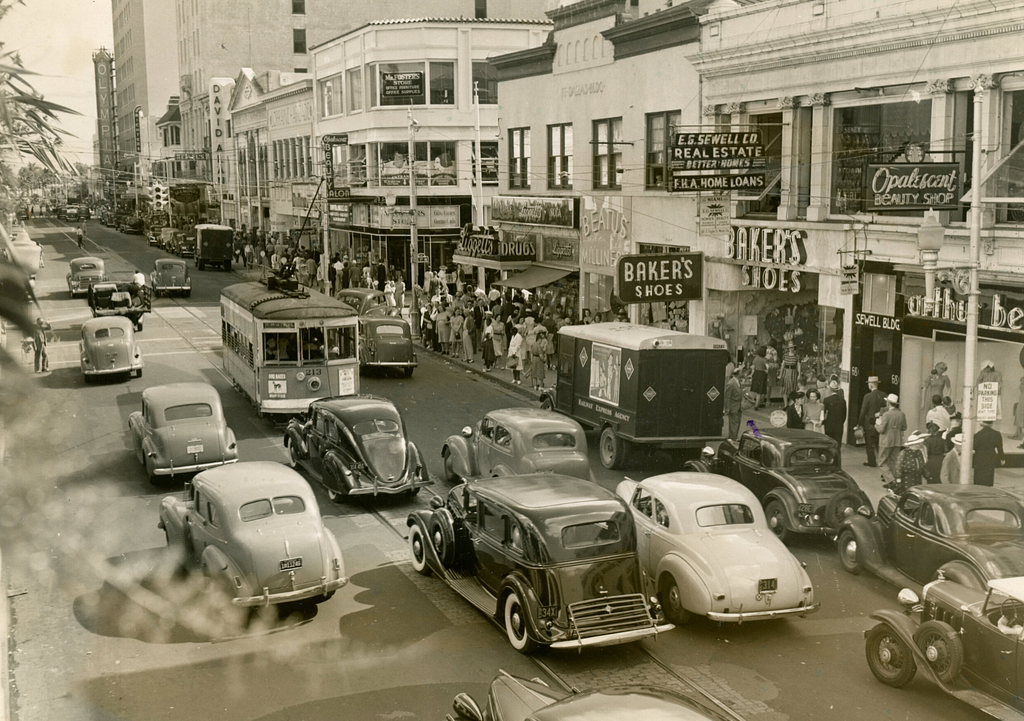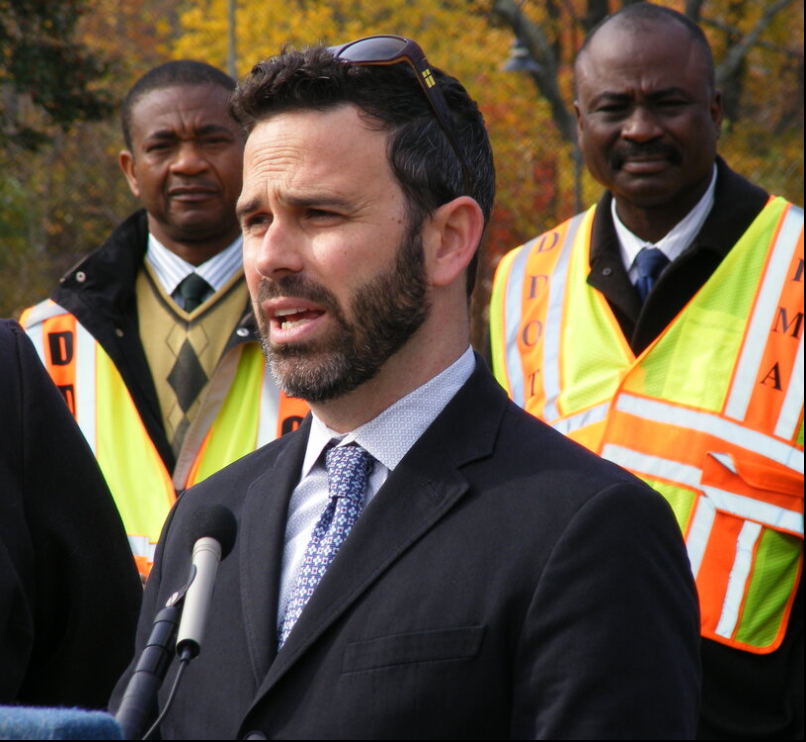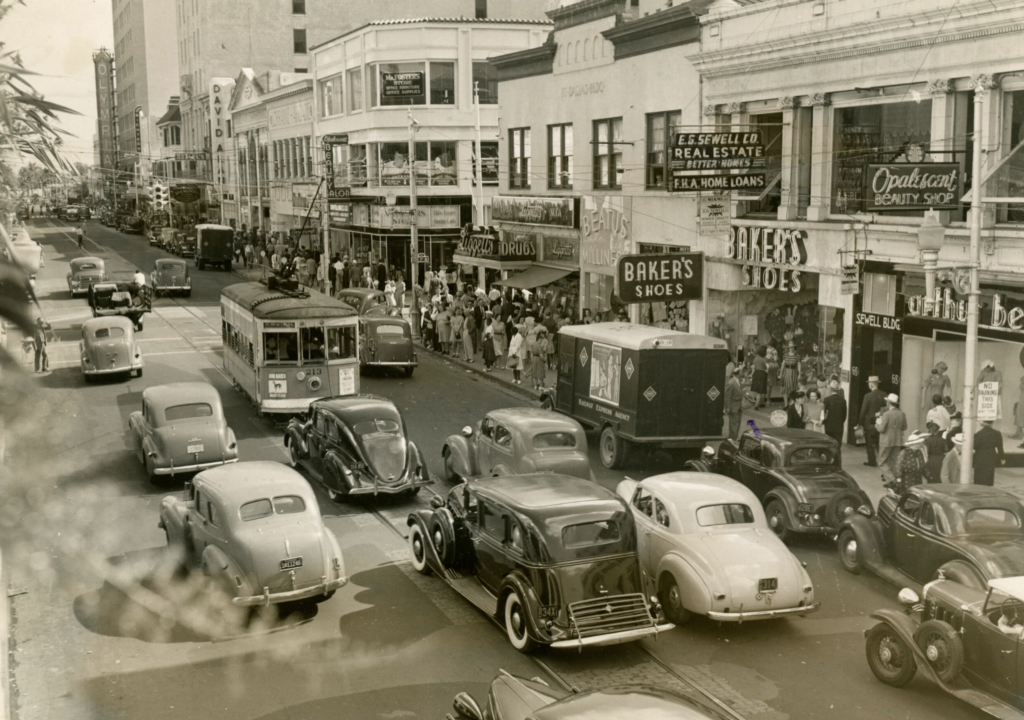By: Alex Roy via the No Parking Podcast

The only thing that drives me crazier than traffic are “experts” trying to sell me a fantastical solution. If you really want to know how to keep cities moving and people happy, you need to talk to someone who’s led transportation departments for not one but two of America’s largest cities.

In this episode of No Parking, we sit down with venture capitalist, author, partner at CityFi, and former head of the Chicago and District of Columbia Departments of Transportation Gabe Klein to discuss transit deserts, pedestrian zones, the privacy debate in mobility, why streetcars went away, how highway construction compounded racist policies, and what it takes to build successful public/private partnerships.
Klein is one of my favorite characters in transportation, because he doesn’t pretend solving problems is easy. “To get people on board with your program,” he said, “you have to be at least somewhat nice. But behind the scenes, man, you got to get things done.”
Klein doesn’t believe in silver bullets, he believes in the basics: “If you can’t fill the potholes and make the road safe and paint the lines on the road and make the signals run, then forget all your great ideas.”
On a macro level, he said that means the United States needs to invest more as a nation. “Maintaining basic infrastructure is a first step,” Klein said. “In the U.S., we spend 2 to 3% of GDP on infrastructure. It should be probably closer to 6 to 8%. They spend 5 to 6% in Europe and 8 to 9% in China.”
What works in one city may not apply to another, he said, but with clear goals, “it’s less complex than people think.”
“It can’t be dictated by lawyers and procurement people,” Klein said. “It’s got to be built on trust and relationships and understanding of, ‘What are you trying to accomplish? What are the outcomes that you need to hit?’ Cities often start at tactics and resources, and companies do, too. The problem is then you end up with something that either the public doesn’t like, or doesn’t mesh with the strategic plans that you’ve put out there.”
He’s also in favor of a low-tech solution to climate change, road safety and traffic — and it’s actually an idea I could get behind.
“Slow lanes,” said Klein. “The idea is on your typical bi-direction, four-lane (street), take the curbside lanes and make them a little bit smaller, so psychologically people are like, ‘Oh, maybe I should go slower here.’ Then you lower the speed to 15 miles per hour. And you do slow AVs, and you do bikes, and you do scooters.”
As he wrote for Forbes in 2018, the problem is that “we prioritize speed, when the real metric should be the safe throughput of people in a city.”
Like and subscribe to more from the No Parking Podcast here and here.
